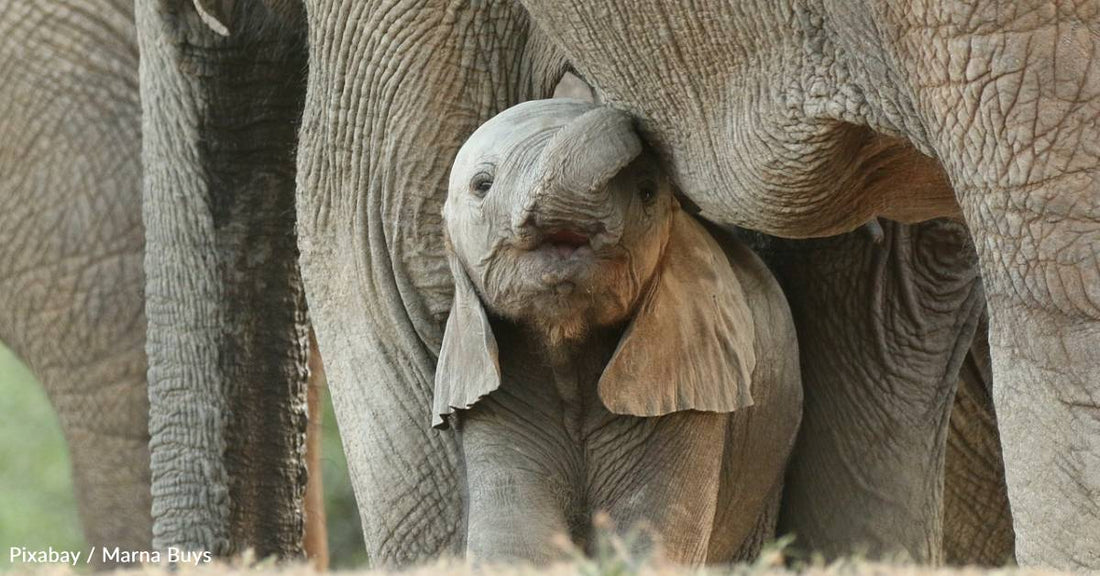Elephants Call Each Other By Name, New Study Suggests
Michelle Milliken
Elephants – both African and Asian – are endangered. In Africa, their numbers are less than 5% of what they were just 100 years ago, while their range has gotten substantially smaller in Asia. New research shows just how intelligent these social, matriarchal animals are, and how their smarts could possibly help their survival in the long-term.
Research recently published in the journal Nature Ecology & Evolution studied the calls of wild African elephants in Kenya’s Samburu National Reserve and Amboseli National Park. The goal was to see if calls elephants aimed at each other were actually unique identifiers, or names, rather than just an imitation of their friends’ calls, which is how other animals get the attention of their cohorts.

The findings, which involved the recording of more than 100 different elephants, suggest that these animals actually do have names for each other, as the calls made to their mates didn’t appear to be imitations.
Michael Pardo, lead author who conducted the study as a postdoctoral researcher at Colorado State University and at Kenyan organization Save the Elephants, says, “Dolphins and parrots call one another by ‘name’ by imitating the signature call of the addressee. By contrast, our data suggest that elephants do not rely on imitation of the receiver’s calls to address one another, which is more similar to the way in which human names work.”
To conduct their study, Pardo and his team used a form of artificial intelligence, which showed that an individual being called could be predicted using acoustics, regardless of how similar the call was to the targeted elephant’s vocalizations. When recordings were played, the animal whose “name” was being used would either call back or approach the speaker. They were more indifferent when they heard another name. These calls were also more common over long distance or in interactions with calves.

If it’s true that elephants do call each other by name, the researchers say this shines more light on language evolution and shows that elephants may be capable of more abstract thought.
The team believes that elephants’ social structure may necessitate these name labels, much like humans require them.
George Wittemyer, study co-author, CSU professor, and chairman of Save the Elephants’ scientific board, explains, “It’s probably a case where we have similar pressures, largely from complex social interactions. That’s one of the exciting things about this study, it gives us some insight into possible drivers of why we evolved these abilities.”

The team says more research is needed into whether or not elephants have names for other things with which they interact, but being able to understand their “language” could potentially help limit one form of human conflict, as elephants could be warned away from eating or destroying crops. Regardless, the researchers believe their findings at least increase the case for elephant conservation.
If you’d like to join us in our efforts to save elephants, click here!

